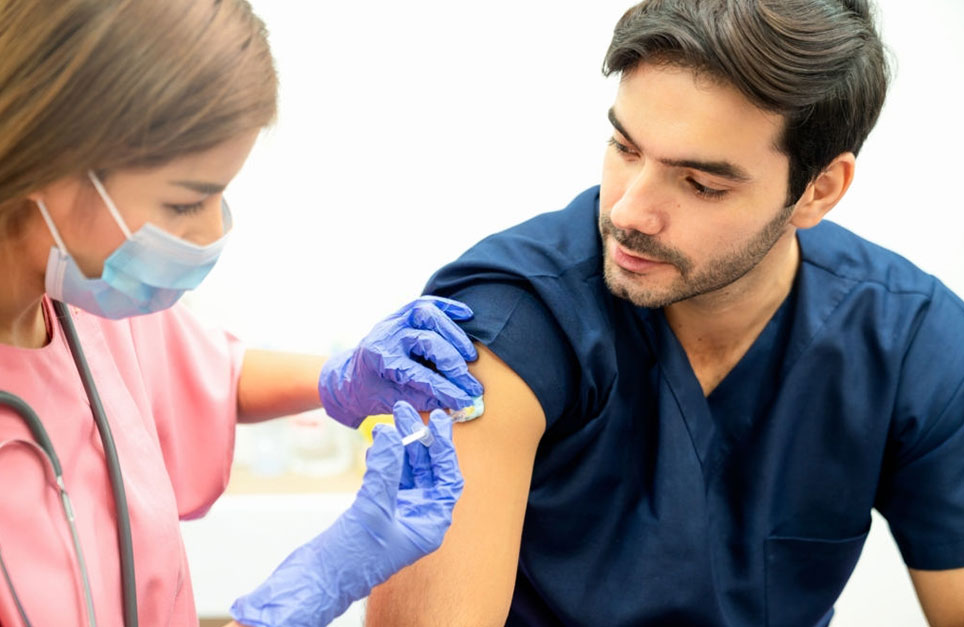
If a person believes that they or a family member have suffered a bad reaction to a vaccine, there’s a way to tell the government about it, known as the Vaccine Adverse Event Reporting System (VAERS). VAERS is a part of the U.S. Department of Health and Human Services. The system gathers information from people who believe they’ve had a bad reaction to a vaccine. The VAERS system collects reports from users who describe what they experience after receiving the vaccine.
Does correlation mean causation?
Critics say the VAERS system doesn’t consider causality when it collects information. That is, a person who believes they’ve been hurt by a vaccine doesn’t know if it’s truly the vaccine that caused the reaction or not. They say that all the VAERS system can do is gather information from people who notice having adverse events around the time that they also receive vaccines. This, they claim, is not a true measure of whether vaccines systemically cause injury.
Proponents of the VAERS system say that the information is still valuable. They say that it’s not up to patients to prove causality between their vaccines and adverse events. That’s a job for scientists and researchers. Those scientists can aggregate the data to examine causality in a way that’s effective for science.
The VAERS system has accepted many reports
People who make reports to the VAERS system have the freedom to report the event however they choose. They write a narrative about what happened from their perspective. The VAERS system launched in 1990 as a co-sponsored program from the Centers for Disease Control and the Food and Drug Administration. Patients have reported hundreds of thousands of events that they believe are related to vaccines.
Health care professionals can file reports too. In fact, vaccine recipients only make approximately seven percent of the reports. The vast majority of the reports come from vaccine manufacturers, health care providers and state immunization systems.
Martha Sharan, spokesperson for the CDC, says that they take reports without screening them for causality. They have their own investigators that review the reports as a whole to consider whether there are potential safety issues with any available vaccines. They neither confirm nor deny the suggestion that the vaccine caused the reported adverse event. They say that some of the events are just coincidence.
[blog_slider title=”” count=”6″ category=”” category_multi=”” more=”0″ style=”” navigation=””]
Feeling like the Hulk
One person made a report that mentioned the Hulk. The person vaccinated said they felt like they were becoming the Hulk after getting a vaccine. The person making the report, Dr. Jams R. Laidler, said that he made the report to show that reports to VAERS are not verified: “The chief problem with the VAERS data is that reports can be entered by anyone and are not routinely verified. To demonstrate this, a few years ago I entered a report that an influenza vaccine had turned me into The Hulk.”
Dr. Laidler said that a representative from VAERS contacted him about the report, and he later agreed to delete it from the system. He said his case made the point that anyone can report anything to the system. He said he made the report in the early 2000’s. The CDC says that Dr. Laidler’s Hulk report really happened.
People continue to disagree about the merits of the VAERS system
A search of VAERS reveals reports of everything from heart attacks to suicide to fainting spells. Reports concern both the young and the old. For now, opponents insist that the VAERS system unfairly suggests causation between vaccines and adverse effects. Proponents says that the system is a first and necessary step towards additional research that can improve consumer safety and health care.
Learn more about Vaccine News.





